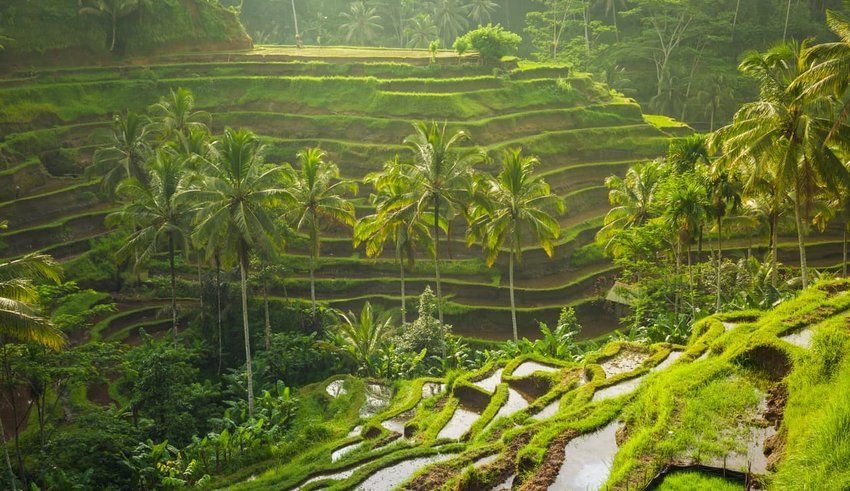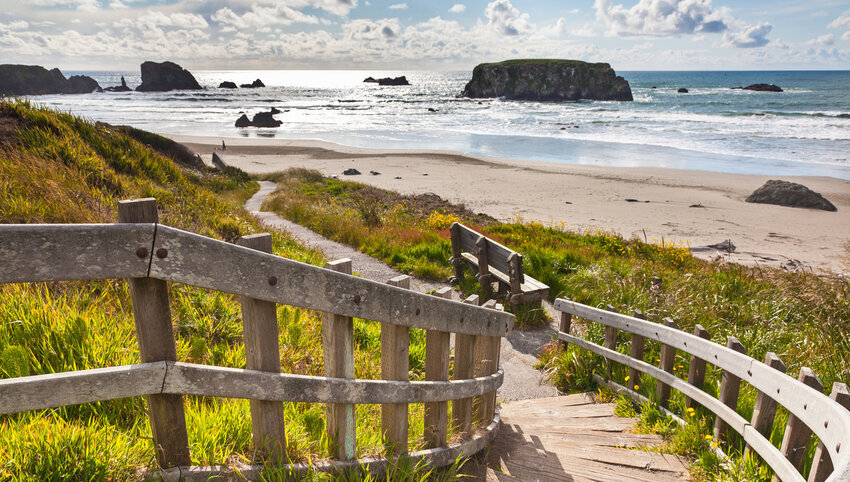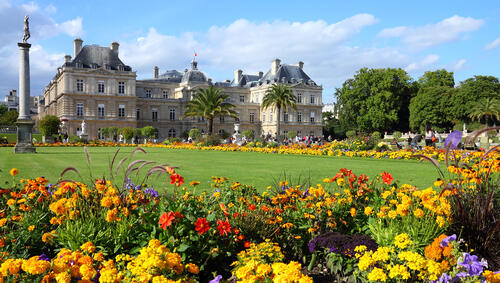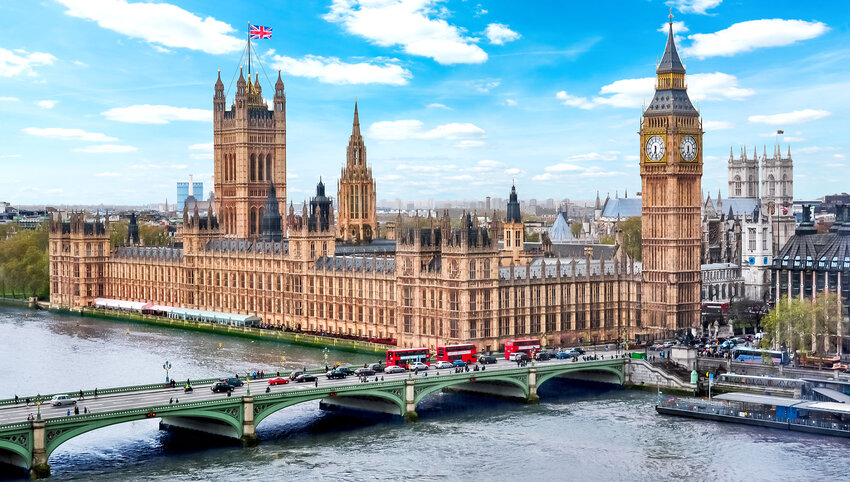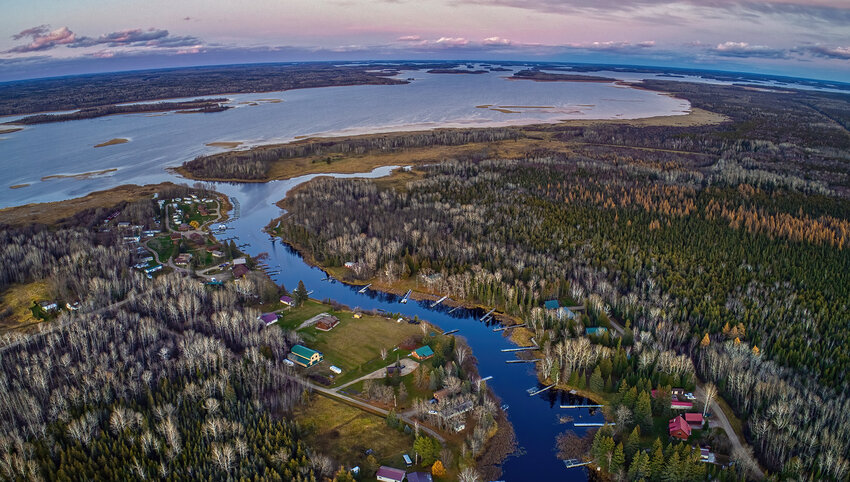Asia is known for its mass production of rice. What some may not know is how jaw-droppingly beautiful rice is when it grows. There are rice terraces all over Asia, but a special few will take your breath away. The endless rows of perfectly-proportioned rice paddies prove that growing rice is no easy feat. In fact, it’s more of an art. The care, precision, and pride that goes into these rice terraces is beyond impressive. These five spectacular rice terraces in Asia should definitely make your list next time you're in the neighborhood.
Tegallalang Rice Terrace, Bali
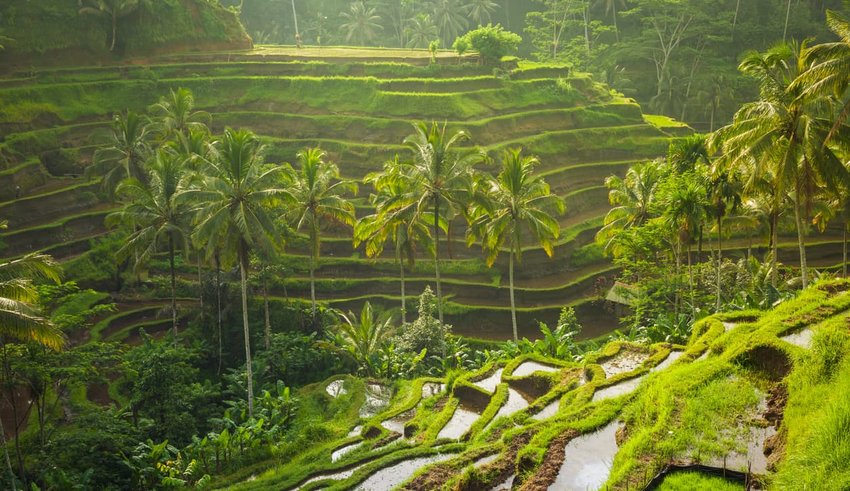
Ubud is Bali’s yoga and meditation center point and thousands of people come for true serenity, escape, and peace of mind. It’s also the location of one of the most spellbinding rice paddies in Asia. Less than 10 kilometers north of Ubud’s center is the small village of Tegallalang. The rice paddies here are renowned for their ridiculous beauty as well as the ancient irrigation system from the 8th century. The viewpoint looks over a lush, steeply terraced landscape of merlad tree tiers nestled cozily in the dense Balinese jungle. Palm trees frame the paddies and sprout from the bottom of the man-made valley. It’s a scene so lovely it seems impossible to be real. The dramatic views within the compact space of the valley create for the perfect picture opportunities.
Sapa, Vietnam
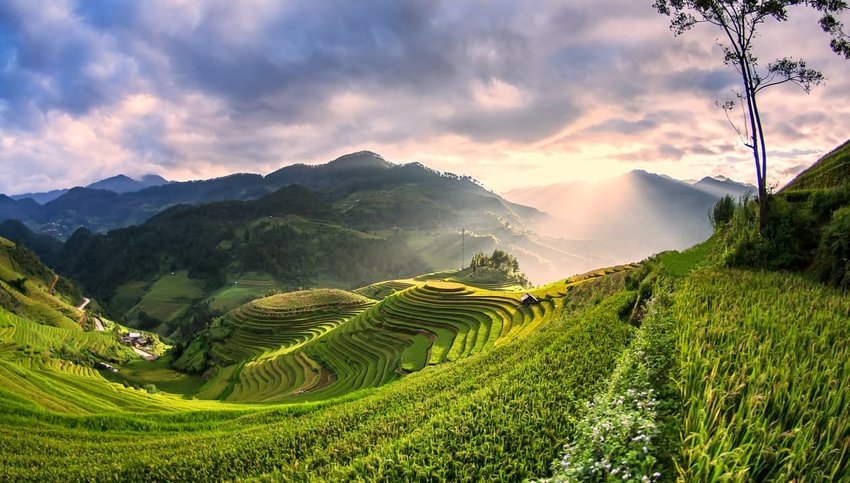
Located in the northern region of Vietnam, Sapa is one of the most popular trekking areas in Southeast Asia. Because of Sapa’s rapid tourist development, viewing the area’s splendid rice paddies relatively easy and accessible to many tourists. An overnight train from Hanoi, and bang – you’re in the middle of a cool, lush environment with nothing but nature all around. There are several local hill tribes that operate the rice paddies in the area including the Hmong, Giay, and Dao. They have carefully crafted their rice paddies into the sides of the mountains and rolling hills where they live. Not only are the rice terraces gorgeous, but the surrounding scenery (including mountain villages, waterfalls, and wispy cloud cover) makes it truly special. The best way to view these rice terraces is on a 2-day trek, with a night spent in a local homestay in the mountains.
Honghe Hani Rice Terraces, China

Rice paddies so awe-inspiring they’ve been named a UNESCO World Heritage Site? Yes, it’s true. Located in the very south of China in Yuanyang county, the Honghe Hani rice terraces cover 16,600-hectares and have been around for the last 1,300 years. Built into the sides of the Ailao Mountains on the banks of the Hong River, the terraces are composed of 3,000 tiered levels of varying degrees. Looking from above gives the sensation of having a birds-eye view to a human-sized maze. The complexity and meticulousness of these rice paddies are simply beyond comprehension. The complex irrigation system, developed by the Hani people, channels water from the mountaintops down to their precious paddies. It’s not really a major tourist destination, but photographers flock here for the chance to capture the magnificent views.
Hamanoura Rice Terraces, Japan
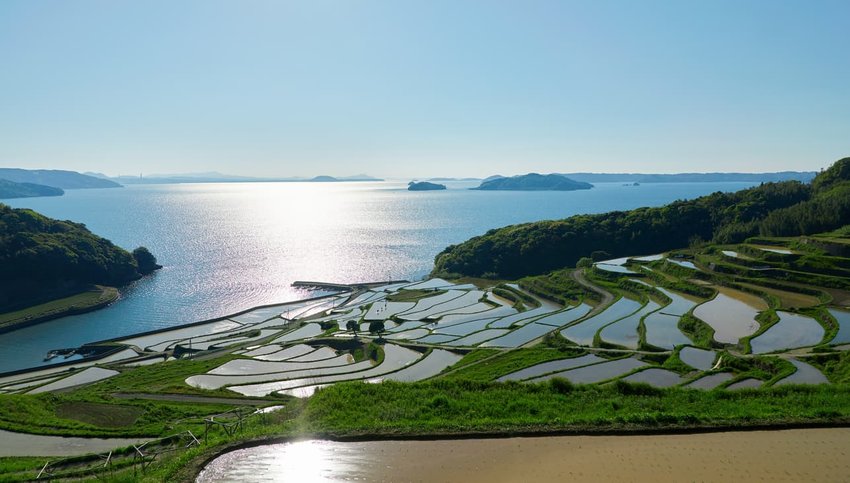
This southern Japanese rice field wins for the most idyllic location. Set between a river gorge formed long ago by the Hamanoura River, these rice paddies directly face the western sea in Japan’s Saga Prefecture. This means the sunsets over these rice paddies are spectacular with the colors reflecting off the sea as well as the water pools in each of the rice terraces. Even in the daytime these rice paddies are beautiful. The differing colors and landscape of the Hamanoura Rice Terraces is what makes them really special. The seaside location is incredibly unique and the bright green terraces against the deep blue sea creates a stunning color contrast. It’s easy to see why it’s been dubbed a “Lover’s Sanctuary.”
Banaue Rice Terraces, Philippines
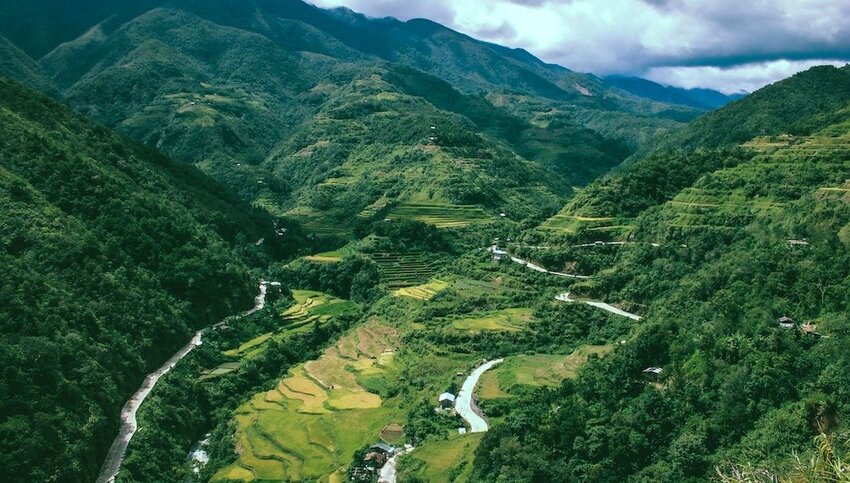
Carved into the remote mountainside of Ifugao, these rice paddies are among the highest in the world standing as tall as 1,500 meters (4,900 feet). They are also some of the oldest, said to have been created by the country’s indigenous people over 2,000 years ago! The Banaue Rice Terraces are located some 370 kilometers from Manila in Luzon. They consist of over 4,000 square miles of steps carved into every available hillside, creating a waterfall of paddies as far as the eye can see. UNESCO World Heritage described them “a landscape of great beauty that expresses the harmony between humankind and the environment.”

